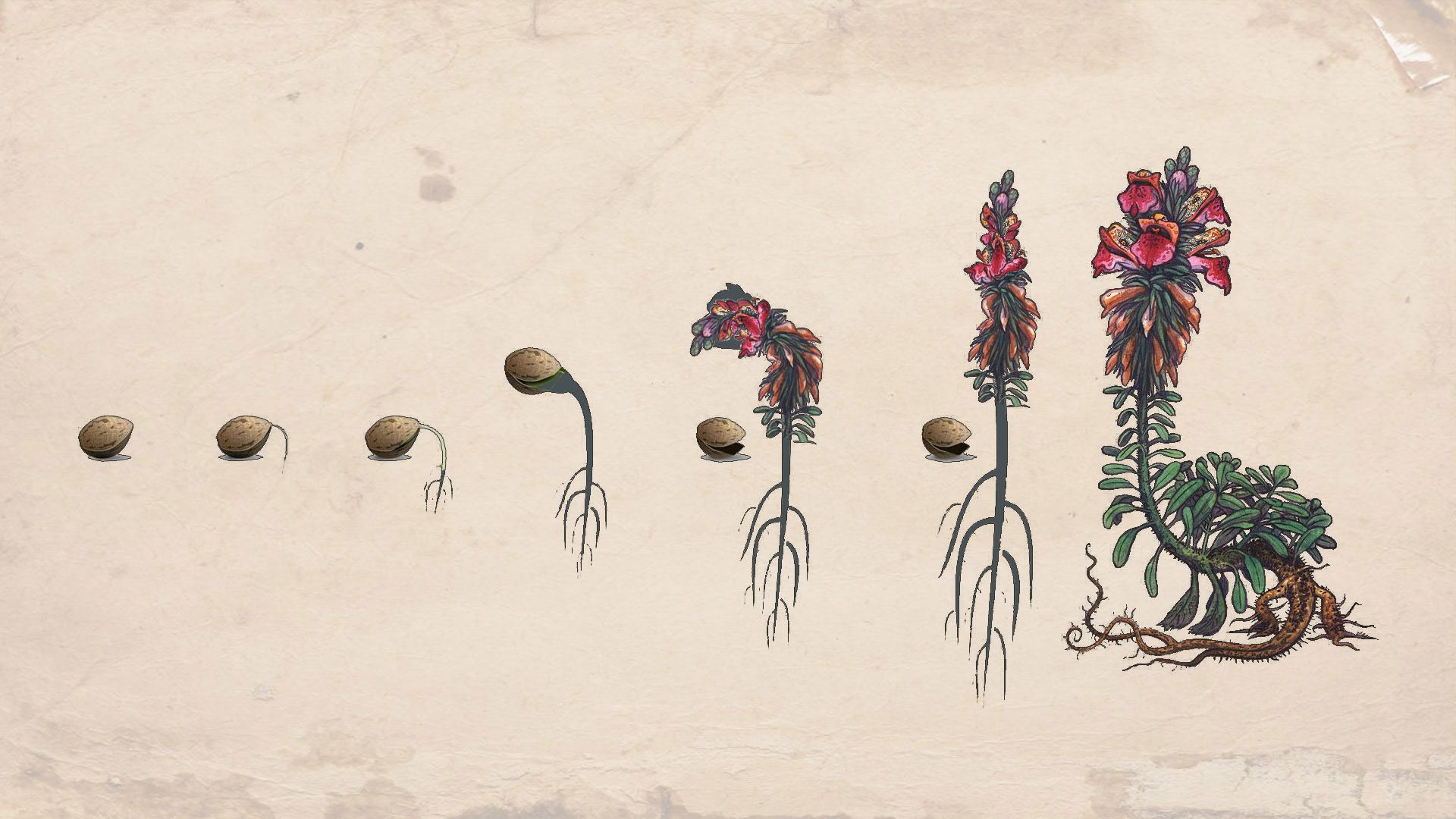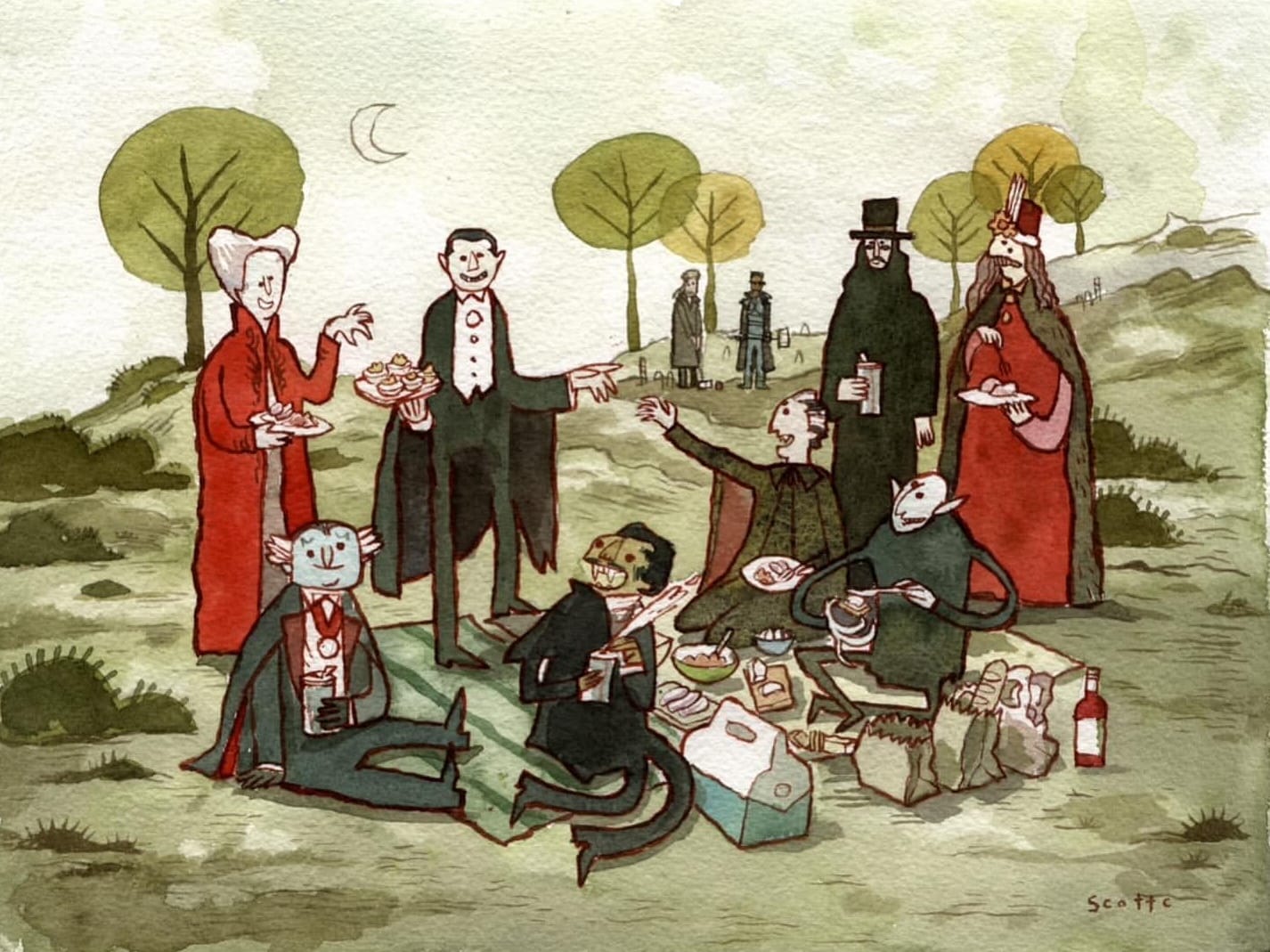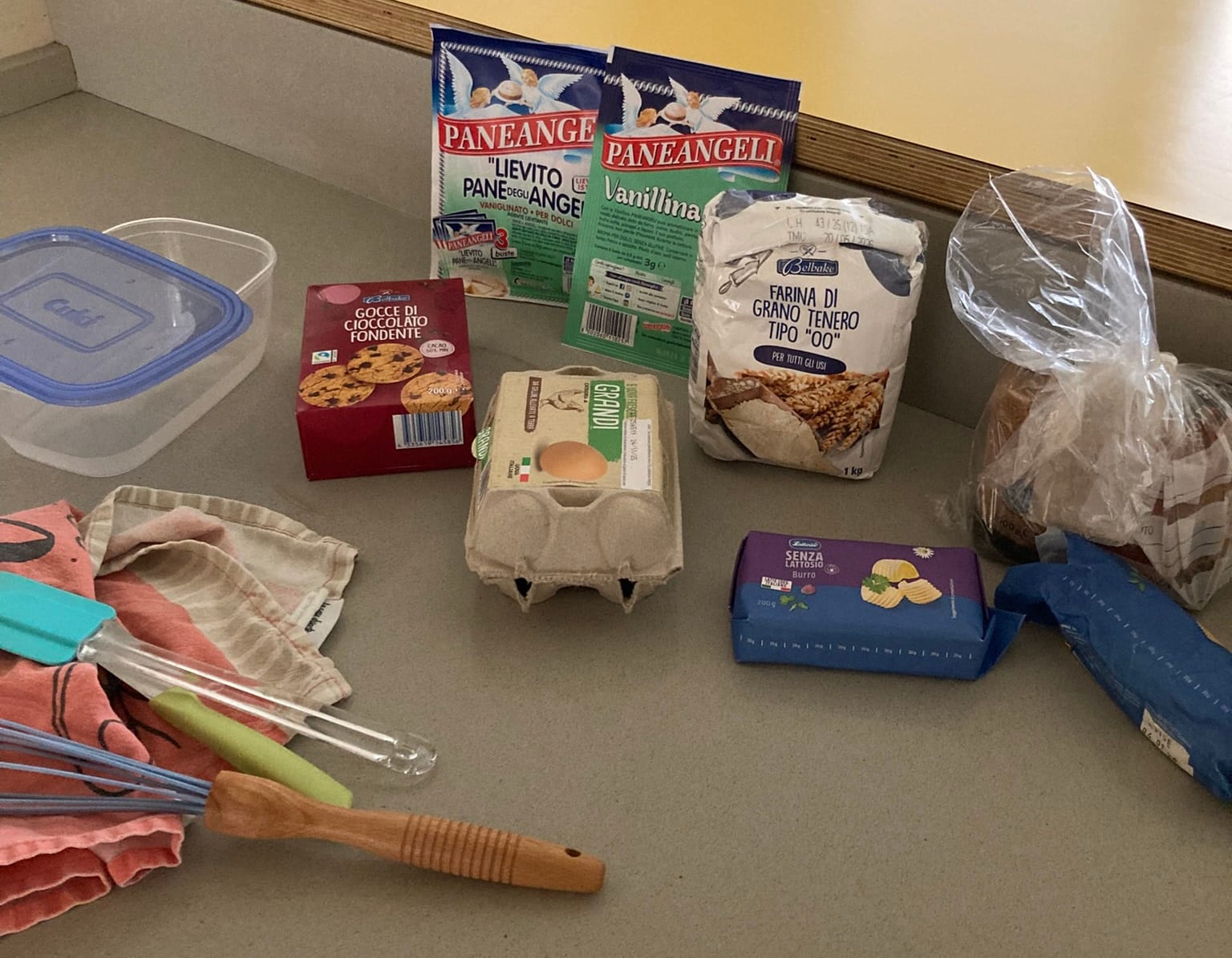What is like for a young Iranian to study in Bologna? How much does it take to get here, how much to stay? The story of those who have left home and are fighting for a better future.

Bologna is a city mostly frequented by students. Hundreds of them are international students, young minds from all over the world who are walking under the same porches. But for some, it is different than for others.
I interviewed two Iranian students: they told me about the long, exhausting, and expensive process to get to Italy and life from that moment on. My goal is to find out if this city and its university are as welcoming as they want to appear.
The testimonies I have collected are hard, sad, and disappointing; often, during our conversation, I felt angry, thinking about how little would be enough to alleviate the suffering of those forced to leave their home country. I report their experience with the commitment to do more.
To maintain a certain anonymity, I will use fictional names.
Azzam is 24 and he studies electrical engineering. We live in the same dormitory, and I consider him a friend. He is an extrovert, and when I told him about the interview, he introduced me to Lila, a 30-year-old law student.
Moments after we met, Lila told me something that really got stuck in my mind. She said:
“Coming here, it takes a whole life to us. And if you fail, it’s like you’ve lost everything”
The entire process, is, in fact, long and arduous.
First, you need to be accepted by the university. This involves a selection procedure that can be extremely competitive. If you succeed, you must trespass the Italian embassy, which means asking for a VISA. You must prove that you are financially capable of studying abroad and that you have a legal guardian that can provide for you. Basically, they need to know that you will not end up staying in Italy as an illegally migrated person. But the point is, if you want to apply for ERGO scholarship, you also must show that you do not have that much amount of money.
“It’s like: you have to prove the embassy that you have the money and then prove ERGO that you don’t have the money.” Lila said to me.
Naïve as I am, I thought it would be an easy procedure, considering Iran’s economic situation. But here it comes the problem: what is the value of the currency of the Iranian Rial? According to government change, and to Ergo, 1 euro equals 46.000 Rial; But in reality, 1 euro equals almost 550.000 Rial. That is eleven times more.
"Ergo is literally bullying students from third world countries!"
Lila and Azzam confess to me how stressful it is to think that Ergo may come out with new requests to satisfy.
Also, all these documents must be transcript In Italian in a short time and be delivered to the embassy.
Both things have much to do with corruption and money.
“The whole translation system in my country is a huge mafia. They charge you fifty times more because you are in a hurry and must respect the deadlines. Either you pay or you’re not going to get your document on time. For me, it cost like 1.000 euros. And there is another huge mafia behind the embassy. You need to find someone who knows someone in the embassy and pay them... otherwise, is going to take you six months at least. To only show up there and say 'here!', 'Just take it!' ” Lila explained to me.
That being done, now comes the moment of waiting and hoping.
For Azzam, those were the three worst days of the most stressful year of his life.
He could not sleep and he would drink one coffee after another.
Once obtained the VISA, you can finally leave. Chase your chance for a better education, a valuable European degree that will hopefully lead to a good job and a better future: so, you can finally have a normal life that someone in Europe might get in his twenties.
But the struggle has not ended.
“It costs me like 2k to just get here. Which is a lot of money. It equals 1200 million Rial. To just get to the airport. And then you just step on the battlefield. It was nothing back there.”
Lila has a strong tone of voice, which conveys both suffering and resilience.
They explained to me how once you get here you must find accommodation. It is not just that you need a roof over your head, you need e legal contract, valuable to access you to a “permesso di soggiorno”, insurance, and eventually open a bank account. I got to know how Iranian students are forced to keep with them thousands of euros in their pockets because they cannot open a bank account without a “permesso di soggiorno”.
“Like myself, I had thousands of cash on me physically for three months. And we wouldn’t dare to put it home, to put it anywhere: is on you. You can get robbed; you can get harassed.”
One of Lila’s friends was robbed in his own house. He could not prove the robbery and he was forced to quit the course and find a job.
“(..) his father had to sell many stuff to be able to send him here... so of course, you cannot go back. Why? Because they wouldn’t open a bank account!”
Even when you have the documents, and you go to the bank, they often give you appointments further in time. Lila opened up about her own experience.
“You ask 'Can you please do me a favor? I’m a girl, I don’t feel safe, I have money on me and it’s cash...' and they answer you 'I only take three a day… sorry... get an appointment. Go and come next month' Make it four! Make me a favor! You are a human being!”
Azzam shook his head.
“The world is not fair” - he said.
Let’s say you get your "permesso di soggiorno" and you can finally open a bank account. You have been through this exhausting process; you have been humiliated, and you still fear becoming illegal.
You come from the Middle East. You have a background of problems with government, society, religion, and tradition.
You think about your people fighting against the regime. Young teenagers, kids, being killed in the streets. Your family is back there.
In October, the internet connection was shut down.
“Even now… I’m about to cry about the situation. Like my dad got eye surgery… I wasn’t able to hear him for two weeks.” Lila said to me.
She also explained to me how one of her friends got stuck in Iran and could not attend classes. She asked the professor to record the lessons. He would look at her with pity and still say no. “I don’t want your pity; I want practical help!” she shouted.
I asked about psychological support from the university, and I was shocked by what I listened to. When Lila addressed the service, as she was struggling with loneliness and depression, the person who was supposed to help her suggested going to a mosque and asking for help.
“I’m not Muslim, I just come from a Muslim country.”
Racism in Italy is real.
Azzam struggled to find a job as he cannot speak Italian.
Lila was threatened by a TPER officer though having an annual ticket; she started a case against him.
Every single day it is a huge battle against many things.
“You have to study, fight depression, missing family, your rules, everything you had in your home country. You look at yourself in the mirror and: Oh, I’m still surviving!” Lila told me.
“We care about our dignity. That is why we pass through all of this and come here to study. Otherwise we would just have crossed the borders illegally or do something like that, ok?”
Surely not all is doom.
When I asked about media coverage of Iran’s situation and the Italian government Azzar and Lila were quite proud of Italy.
“If there is only one thing that I’m happy about in this country is this. They were helpful, cover the news, try at least to let everyone know about the situation, not letting people forget. Even the government was quite supportive. Not all European countries did so but Italy was different. We really appreciated it.”
“I found many nice people, who really wanted to be able to do more. Italian people. Stuff people. Good people trying to convey what we are talking about to the upper levels. We cannot ignore them.
I think they would just hear it better from Italian people, Italian students.”
Azzar and Lila make jokes to go on despite their country falling apart.
They talk about Selena Gomez’s marriage and bicycle robbers.
“Wouldn’t it be better to steal a car?”
They make plans for the future. They keep on.
They were born there; I was born here. Just by accident.





Comments ()